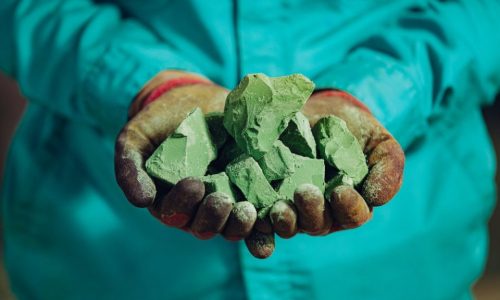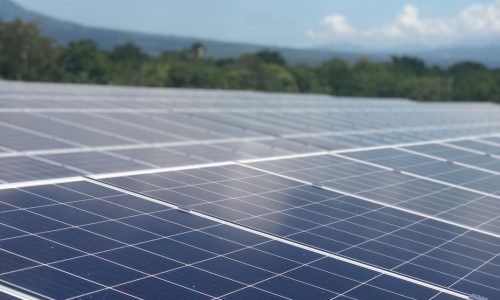Apple Inc. has reportedly proposed a nearly US$10 million investment (Rp157.5 billion) to establish a facility in Indonesia dedicated to producing components for iPhones and iPads.
The new plant, potentially located in Bandung, West Java, is expected to be operated by one of Apple’s suppliers, according to a source as quoted by the South China Morning Post (SCMP).
This investment move comes as Apple aims to address Indonesia’s local content requirement (TKDN), which mandates that a percentage of certain electronic products be manufactured locally.
Due to its unmet TKDN standards, Apple recently faced a sales ban on its latest iPhone 16 model in Indonesia, in effect since its global release on Friday, September 20, 2024.
The Ministry of Industry issued the ban, noting that Apple had not yet fulfilled TKDN compliance, which also led to similar restrictions for Google Pixel devices.
Under the Industry Ministry’s regulations, companies can meet TKDN requirements through three main approaches: domestic production, developing applications locally, or establishing local innovation initiatives.
Apple has previously pursued the innovation route, establishing three Apple Academies in BSD, South Tangerang, Banten; Batam in Riau Islands, and Surabaya in East Java.
However, the recent proposal to build a manufacturing facility marks a shift in strategy to further meet the domestic production quota.
Proposal review
A Ministry of Industry representative confirmed that Apple’s investment proposal had been received and was under review.
Although no final decision has been made, Apple’s plans are seen as a promising commitment to Indonesia’s local content goals.
Deputy Minister of Industry Faisol Riza expressed cautious optimism about Apple’s latest commitment.
“We hope that this commitment will be fulfilled promptly,” he said on Wednesday, November 6, 2024, while adding that a final announcement on the matter is expected shortly.
Apple’s move toward local production in Indonesia would align it with major competitors, including Samsung, Xiaomi, and OPPO, which have already established manufacturing facilities within the country to meet TKDN requirements.
These facilities not only support local jobs, but also enable these brands to comply with local content mandates, allowing them to continue selling their latest models in Indonesia’s lucrative mobile market.









